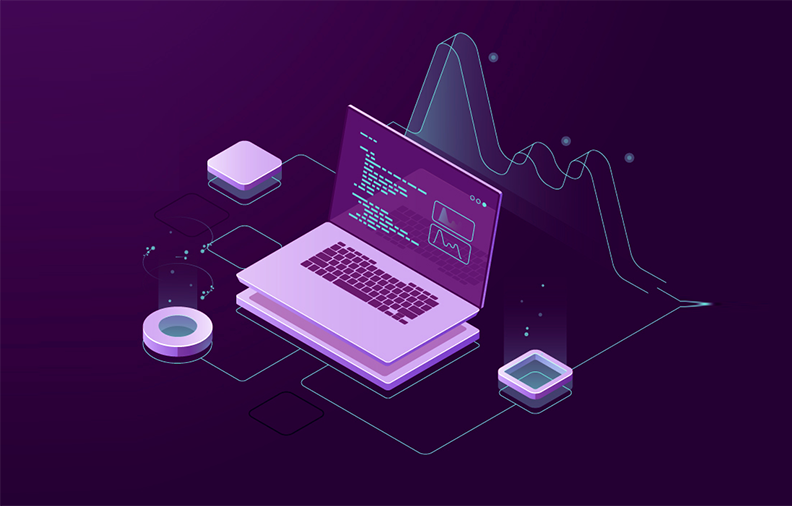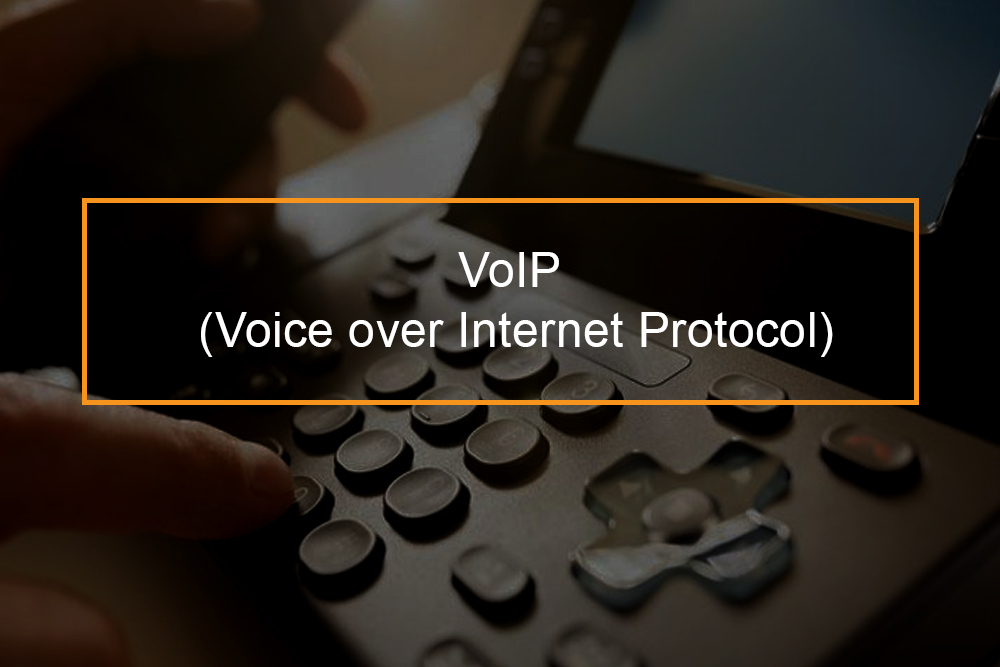Some of the different types of call centers running the industry today

Guide On Different Types of Call Centers
Imagine a world without telephone call centers. There would not be technical support, no way to change appointments or get information live from the comfort of home. All call centers communicate information to customers and potential customers. However, each center serves a different purpose and has different goals.
Call centers can handle large amounts of phone calls and provide customer service. Their essential role is crucial to the business’ success. Because there are so many businesses, there are many call centers that have different responsibilities. Let’s take a look at What are the 4 types of call center? Here are some examples to help you choose the right call center for your business. Table of Contents
What are the 4 types of call center?
What are the 4 types of call center? There are four primary types of call center, and it is important to understand their strengths to determine the best option for your company. These include:Inbound call centers, Outbound Call Center, Blended Call Center, and Virtual Call Center.
Call centers offer an array of services. Different call centers can be suited for different tasks. There are four primary types of call centers and it’s crucial to comprehend the advantages of each one to choose the most suitable call center for your business.
Inbound Call Center Goal: Support
Inbound call centers, like their name suggests, are focused on receiving calls and not contacting clients. These centers are responsible for answering customers’ questions, providing tech and customer support, as well as order processing, loyalty programs and dispatch.
Inbound call centers have many powerful tools which help them achieve their goals. Automatic Call Distribution (ACD), which connects customers to agents, reduces wait time. Skill-based routing is a way to identify the best-suited agent for a specific issue. It’s easy to solve simple problems via IVR (Interactive Voice Response). These are just some of the many possibilities!
Are you ready to open an inbound call center? If you sell products and services, yes. Customers will always ask questions and need assistance. It is a sure win for you to provide a quick and efficient solution that solves their problems.
Outbound Call Center
Outbound call centers are known for their ability to take initiative and contact customers. This type is used in many ways, including phone surveys, lead generation, customer onboarding and market research.
Outbound call centers use the same tools as their inbound counterparts to streamline their processes. Call centers can use outbound IVRs to automatically notify customers about new products, surveys, and other information.
Call centers often use click-to call, call tagging and Customer Relationship Management software (CRM) in tandem to quickly initiate calls and track information. They can then share it across the organization for future use.
Is it worth setting up an outbound call center? This will depend on your goals and target market. It also depends on the sales channels/survey channels used. Software as a Service (SaaS), insurance, banking, telecommunications, and real-estate are some of the industries that most frequently use outbound contact centers.
Blended Call Center
Blended Call Centers combine both inbound/outbound calls into one. They can cover everything from support to sales. It also allows you to use all the tools we mentioned in our two previous points.
So the question is, who should use a blended contact center? It is open to anyone who has the financial means to pay for it, can sell via phone calls, and wishes to provide customer support.
Virtual Call Center
Virtual call centers differ from the three types we discussed previously in that they don’t have different goals but are more focused on their organization. Because of technical limitations, call centers used to be located in one place, often an office building. This made it prohibitively expensive to expand into other markets and cover off-hours.
This isn’t the case today. You can now run a virtual, decentralized call center made up of professionals located in different time zones and languages thanks to internet technology.
A virtual call center is for everyone. Virtual call centers are available to anyone who has an inbound, outbound or blended calling requirement.
Other Types of Call Center
Call center jobs are positions that require you to provide customer service or sales messages over the telephone. Call centers of various kinds are available to meet certain business requirements. Look into other kinds of call centers as well as their services.
Automated Call Center
Automated call center processes are what define them. These tools are designed to make customers and agents’ lives easier.
Practically, this allows you to record pre-recorded messages and add them as an IVR menu item to enable callers to quickly access self help guides, company terms and conditions, and many other resources.
Who can use them? Virtual Call Centers can be used by anyone who values their time and their employees’ resources. Fully automated call centers help to save time and allow agents to concentrate on the tasks that are most important to them.
Multichannel vs. Omnichannel Contact Centers
Multichannel and omnichannel contact centers may appear to be one in the same. They can be both inbound and external like virtual call centers. They facilitate customer conversations through multiple channels, including phone and SMS as well as social media. But there is one key difference.
Omnichannel contact centers combine everything into one place, rather than each channel working in its own way in multichannel contact centers. This allows agents to follow up on customers’ previous conversations in a single place, even if they occurred in different channels.
Which one should I choose? This will depend on your resources, and whether you’re starting fresh. Multichannel contact centers are clearly better than multichannel ones. Omnichannel contact centers are clearly superior. But, it takes time, effort, money, and money to transform an existing multichannel contact center into an omnichannel one.
In-house vs. Outsourced Call Centers
These two types of call centers are easily distinguished at first glance. While you can manage an in-house phone center, an outsourcing call center requires that someone else do it.
The issue lies in how much control you desire over your call center’s operations, and how many resources (times, employees, effort, etc.) you are willing to invest.
It is more costly to build an in-house contact center. Even though it might become more affordable, you will still need to hire new employees and deploy tools.
Outsourced call centers, also known as BPOs (Business Process Outsourcing), aren’t so much a concern as internal staff. However, they will work with little supervision, which can lead to lower quality results.
Which one should be your choice? The decision you make will depend on how much money you have available and how many people you want to work with to achieve the best results.
Off-shore Call Center
Continue from the previous point. Off-shore call centers are a type of off-shore call center. They are typically located in an area where the prices are lower like India, Indonesia or the Philippines.
Although they are cheaper, they do have their limitations. Some offshore call centers can create language barriers between agents, customers, and may also have to deal with the same issues as outsourced call centers.
Who do they serve? For small businesses with limited budgets, offshore call centers can be a great option. Before you decide to hire one, however, it is worth considering whether their potential problems outweigh the cost.
What is a Call Center?

A call center is either a company or a central branch of a business that provides telecommunications services and other services. Its main responsibilities are to receive and transmit email or chats as well as handle incoming calls. Call centers can also perform research surveys, find sales leads, and organize telephone communications for companies.
What is the purpose of a call center?
Your call center’s primary purpose is to improve your operations. You can provide customers with the best possible service and reduce the costs of investment in your company’s resources by outsourcing some of your duties to call center professionals. Call centers can increase a company’s ability to attract new customers, as well as to retain existing customers. They streamline and centralize certain processes.
Some of the most popular tasks performed by call center employees are:
- In order to increase sales, call center agents often make direct phone calls to customers.
- They might be able to assist existing customers who have problems with your product. This could include scheduling repairs, ordering a replacement or reimbursement.
- Call centers can provide technical support for customers. They may be able to teach the customer how to accomplish a task or guide them through troubleshooting in order to identify the cause and correct it.
- Call centers can respond quickly to customers who need emergency service. The call center can then delegate the assistance to the caller.
- Call center workers may conduct market research or surveys for a certain demographic, or they might conduct broad surveys that cover all groups.
- Call centers might offer dispatch support to outside workers, such as taking and routing calls to remote sales or delivery staff. This can help improve efficiency and coordination.
What are the Types of Call Center Services?
Here are some quick facts about the different types and uses of call center services.
1. Inbound
Inbound call centers are designed to take inbound calls from customers. Its primary objective is to help customers solve problems that are related to any product or services. An example is a customer support representative at an internet service provider who answers inbound calls regarding problems with internet connections.
| Some of the common inbound call center services include: |
|
2. Outbound
Outbound call center agents are responsible for making outgoing calls to customers, either potential or current. Outbound services are often used for telesales, surveys, and other customer service purposes.
| You can also hire outbound call centers for services, such as: |
|
3. Automated (Electronic)
An automated or electronic service of calling is used to automate processes within an organization.
| Some of the automated call centers services include: |
|
Types of call center agents

People seem to gravitate towards certain types of personalities in call centers. Even though every office is composed of individuals, every call center has a certain type of agent character.
We all know that a happy team makes for a productive team. Your main responsibility as a supervisor in a call center is to keep your agents motivated and happy. Your team is a collection of people, so you won’t be able just to deal with them the same.
1. The overachiever
“Overachievers”, also known as the top performers in your team in terms of work rate and success, are the people who are always the first to arrive at work. It’s possible that they will be scrolling through emails during lunch breaks.
“Overachievers,” who are determined to climb up the call center ladder, will most likely not be stopped by anyone.
“Overachievers” are determined to get things done in their day. They have a persistent attitude that makes them great problem solvers which is a huge asset to any customer support team.
2. The entertainer
Every office has its clown: The agent who loves to have fun and make people laugh.
The “Entertainer” agent has a positive attitude, which is very important when helping customers over the phone. They are an asset to any team and can provide exceptional customer service.
One thing is certain, an “entertainer”, or call center agent character, will never treat customers poorly even if they’re having a bad day. A positive outlook helps them get along with customers and their colleagues. This sounds wonderful, doesn’t it?
3. The transient agent
No matter what, you will always have “transient” agents on your call center team. They may be here today, gone tomorrow, or even the day after. Many call center employees view it as a temporary job until they can find a better one. Your team’s “transient” agents will lack a sense for responsibility and have no desire to settle in.
4. The loyal agent
“Loyal” agents are more permanent than the “transient” agent. They have been part of your team for years and there is no reason to change. This type of call center agent has a long-term vision and a goal to maintain a steady career in the center. Yes, really.
Because they are passionate about helping you succeed, they will offer exceptional customer service and represent your business the way that you would like them to.
5. The leader material
A “leader material agent” is a valuable asset for your company. This type of employee is a thinker. They can see the big picture and come up with ideas that will help improve productivity. Perhaps you will be ready to give up control of your company once you’re ready. Because they are accomplished, it is important for them to acquire specialist knowledge.
Frequently Asked Questions
What is an Inbound Call Center?
Inbound call centers provide customer service and are responsible for handling incoming calls. In contrast, outbound contact centers are responsible for making calls to customers. They also handle customer contacts via multiple channels and not just phone calls.
What are the types of call center accounts?
Call Center careers or BPO companies are much more than “pick up the phone and that’s all.” To excel, you need skills, knowledge and expertise. Some accounts are more difficult, complicated, interesting, or not so exciting than others.
What accounts are available in a call center?
- Email and chat support
- Travel Account
- Tech Support
- Healthcare
- Banking









